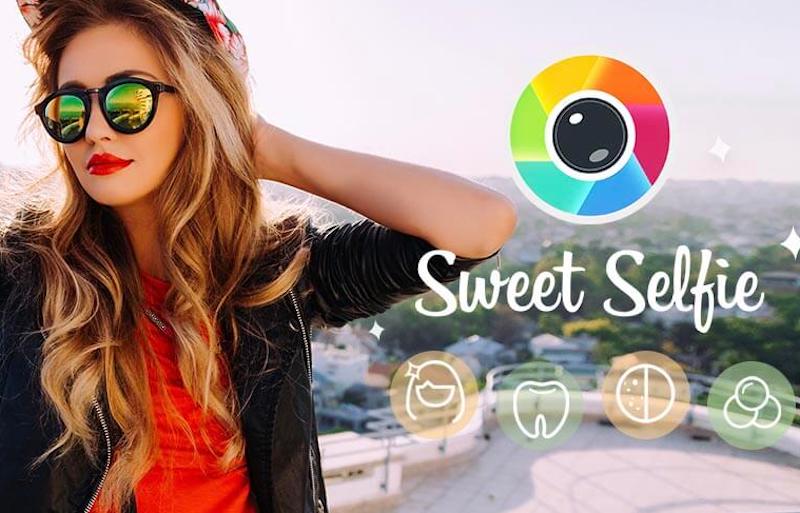China expressed concern on Thursday over India’s ban on more Chinese apps for what New Delhi called security reasons.
A Ministry of Commerce spokesman in Beijing said China hoped India would treat all foreign investors in a transparent, fair and non-discriminatory manner.
“We hope India can take concrete measures to maintain the sound development momentum of bilateral economic and trade cooperation,” Gao Feng told a press conference.
India has blocked access to 54 mobile apps, mainly Chinese, government sources told Reuters.
They include Beauty Camera: Sweet Selfie HD, Beauty Camera – Selfie Camera, Equalizer & Bass Booster, CamCard for SalesForce Ent, Isoland 2: Ashes of Time Lite, Viva Video Editor, Tencent Xriver, Onmyoji Chess, Onmyoji Arena, AppLock and Dual Space Lite.
Several of these apps either ran malicious software or directly send information to China-based data centres without the users’ consent, the state-run All-India Radio said this week.
India blocked access to some 59 Chinese-operated apps in June 2020, followed by 47 more in August, a further 118 in September and 43 more in November of the same year.
India claims the newly banned apps are either cloned versions of previously banned apps or simply have functionality so similar as to create the same security concerns.
• George Russell with Reuters.
READ MORE:
Number of Apps in China Plunges Over Three Years: SCMP
Didi Seen Relaunching China Apps on End to Regulatory Probe
China Cracks Down on Flight-Tracking Apps: SCMP
























